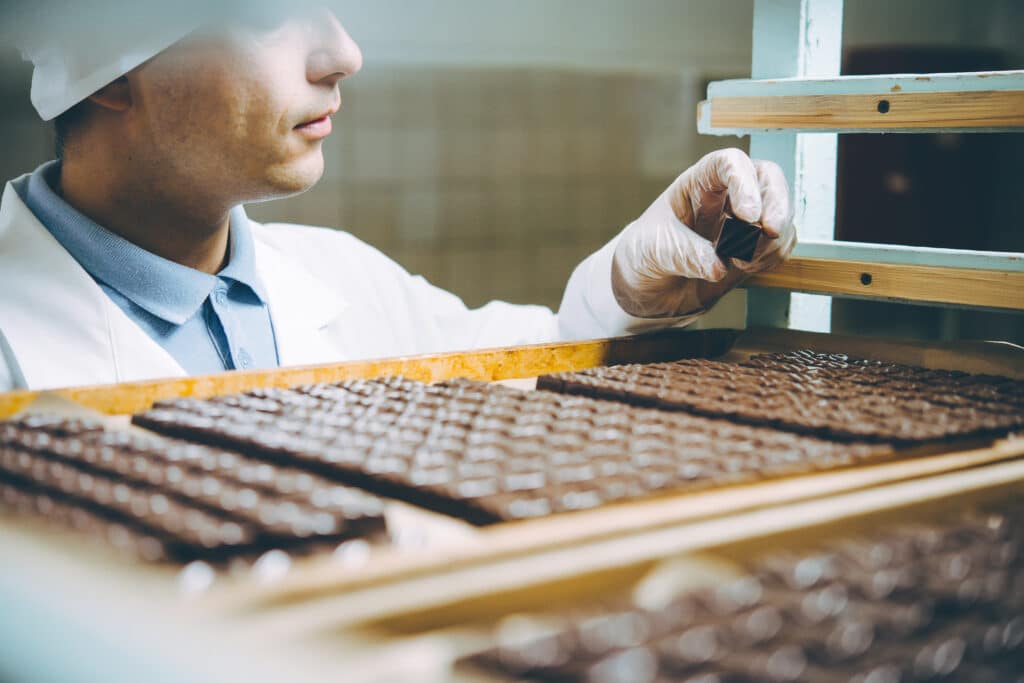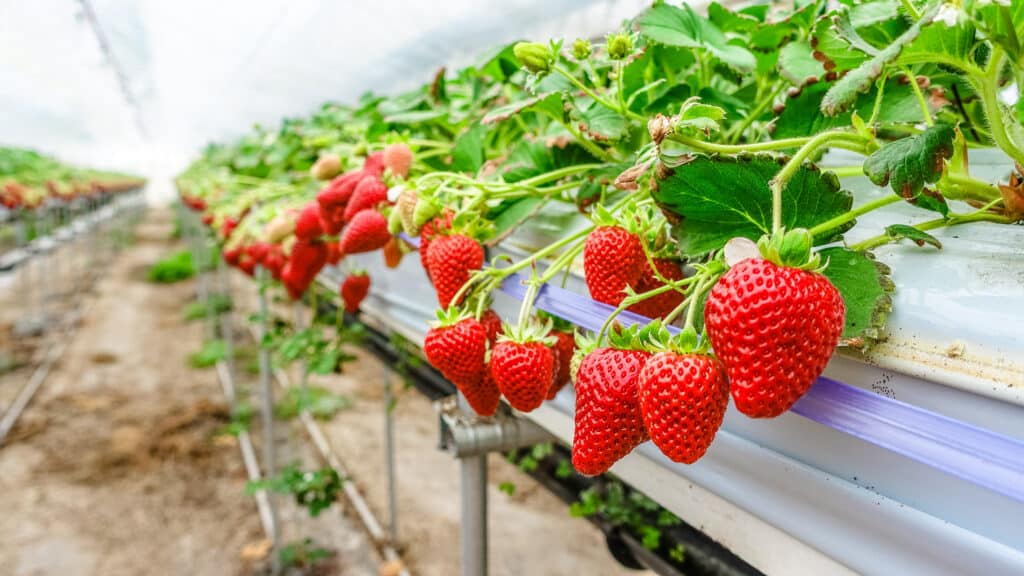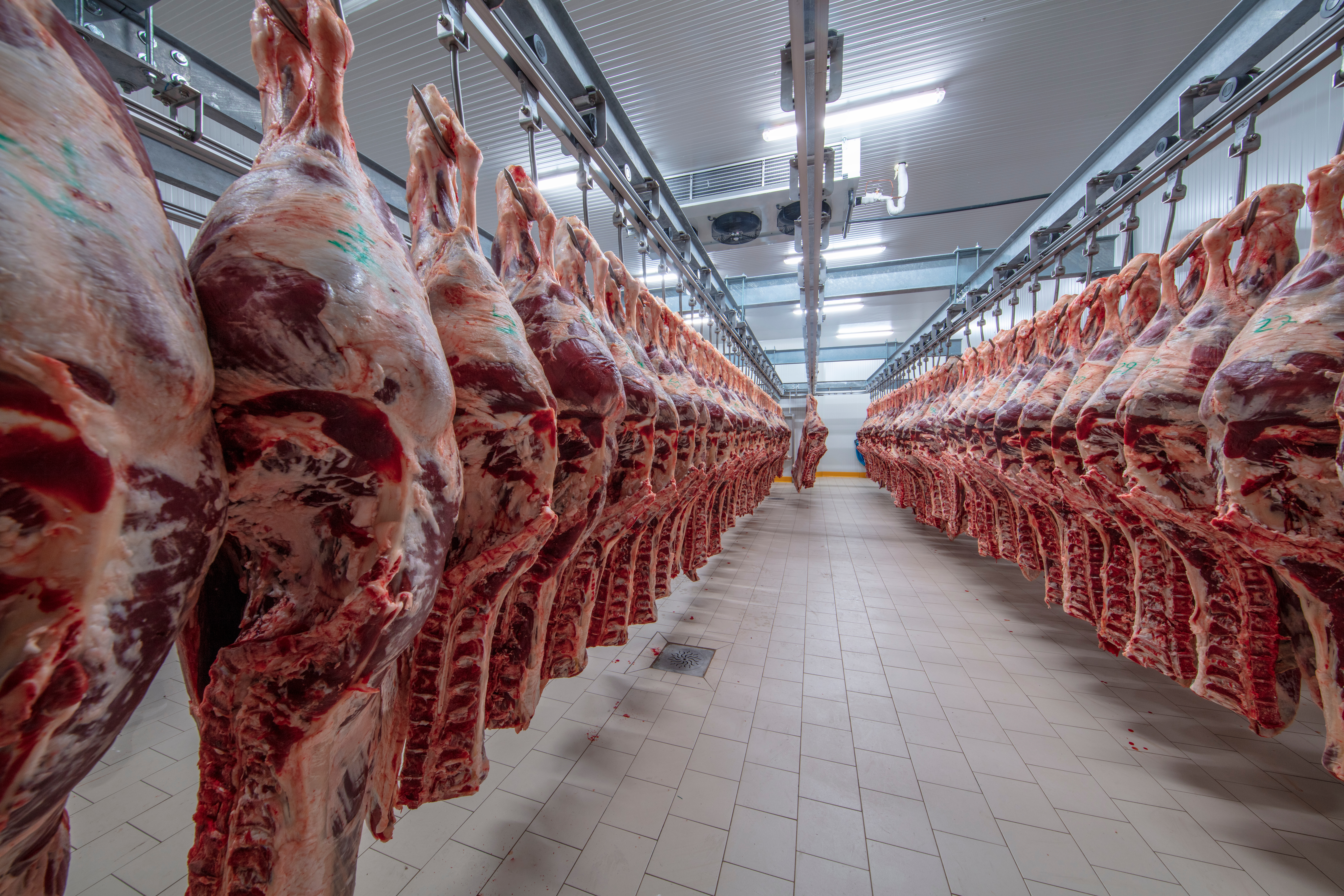The war in Ukraine is leading to disruption throughout the food supply chain. Disruption to production and trade are leading to rising commodity prices and the risk of shocks to global food supply chains.
Food fraud is estimated to cost $30 to $40 billion every year to the global food industry. According to EFSA, food fraud has been rising in the EU since 2016 with a 20% increase of reported incidences in 2020. However, the war in Ukraine and rising food prices may be about to make the problem a lot worse.
What impact is the war in Ukraine having on food supply?
The war in Ukraine is a significant threat to food security as the conflict is expected to have a considerable impact on grain availability in the global commodity market (Ukraine accounts for 25% of global wheat exports), as well as major shortages in sunflower oil (Ukraine and Russia account for 80% of global exports). Disruptions to the supply of sunflower oil will force food companies to turn to alternatives, including less desirable ingredients such palm oil, in products ranging from potato crisps to biscuits.
EU and UK supply is expected to run out quickly, which could lead to a move towards alternative vegetable oils and the potential adulteration of the limited sunflower oil available as demand outstrips supply. A considerable proportion of the EU’s sunflower oil supply comes from Ukraine. Impacts are already being seen, for example in the UK, Iceland Foods’ managing director Richard Walker says he “hugely regrets” that the firm will have to backtrack on its commitment not to use palm oil in its own-brand products, due to Russia’s war in Ukraine. Philippines-based food company Monde Nissin said it is substituting sunflower oil with rapeseed oil in its meat alternative products.
Issues with product substitution
Import substitution is rapidly becoming the solution for many food suppliers. According to the Food Standards Agency (FSA) some manufacturers have had to urgently replace sunflower oil with refined rapeseed oil before being able to make the change on the label. To address this, some UK sellers of pre packed sandwiches are informing consumers through signage at the point of sale explaining that some ingredients may have changed because of the limited time to replace existing printed packaging. Situations like this could lead to an increase in mislabelled products on the market. Such changes could create food safety issues such as allergic reactions to specific ingredients. In the case of rapeseed oil, the frequency of allergic reactions to refined rapeseed oil is very rare but cannot be excluded.
With the low risk to consumers posed by rapeseed oil, domestic producers may be able to fill the gap. However, increased cases in other food groups could emerge where supply shocks and shortages are leading to new risks such as the mislabelling of food products, contamination and food fraud including the mislabelling of Russian products to avoid trade sanctions.
Lower Quality Products and Contamination
As demand begins to outstrip supply, other commodities such as grain and in particular corn/maize could be substituted for wheat. Chemical hazards associated with these substitutes such as mycotoxin contamination must be considered and adequately managed.
Ukraine is the biggest producer of honey in Europe, with more than half of its production exported. Increased prices will lead to pressure to source from alternative origins such as China where the quality and authenticity has previously been questioned.
The conflict could also lead to long term risks of contamination within Ukraine’s honey and other food supplies within particular with heavy metals.
The impacts of the conflict are far-reaching and widespread, the humanitarian costs and rising prices are all too obvious to consumers, but there are also less apparent important impacts on the safety of foods, which food safety regulators and consumer protection groups need to be aware of.
Food safety consultants
At Farrelly Mitchell we understand the impact of global events on each region and part of the food system. We work closely with public and private sector clients across the industry to help identify and mitigate food security challenges and uncover information that removes uncertainties and helps our clients move forward with a complete understanding of risks and potential opportunities.
Our expert agribusiness consultants can unlock regional knowledge and share global market insights to find workable solutions for your projects and strategic interests. For more information on our food security expertise, talk to us today.














